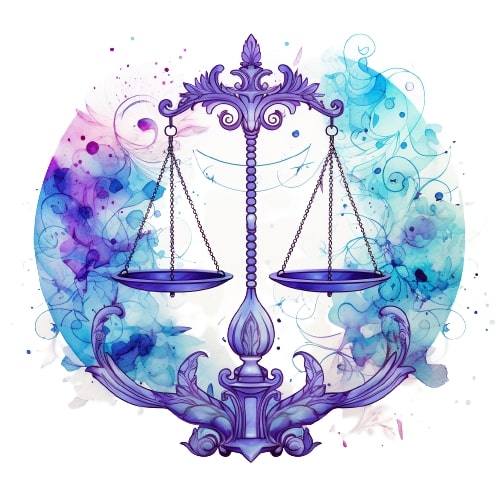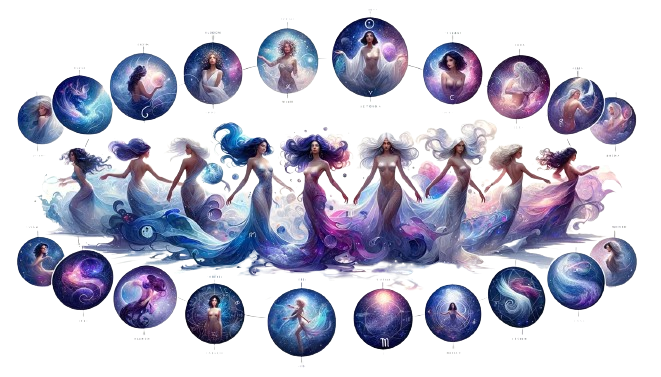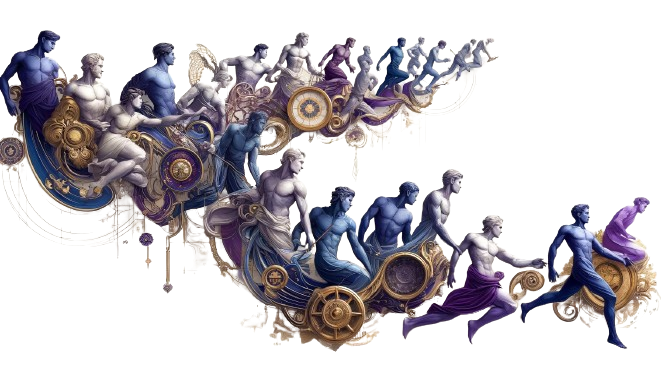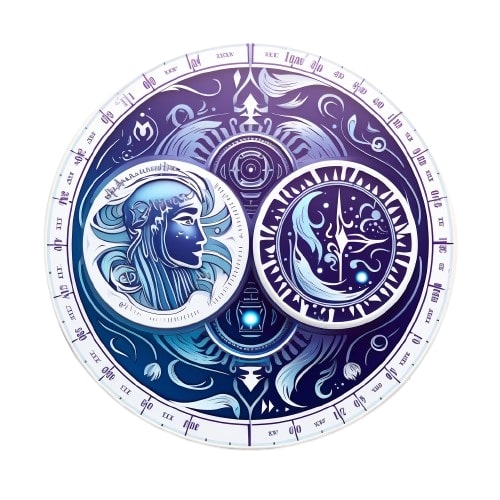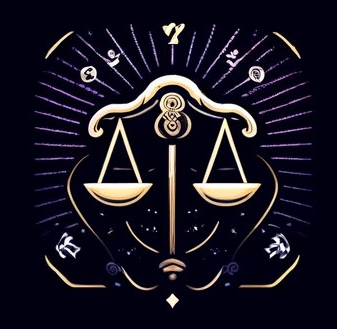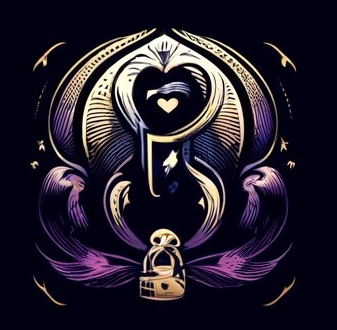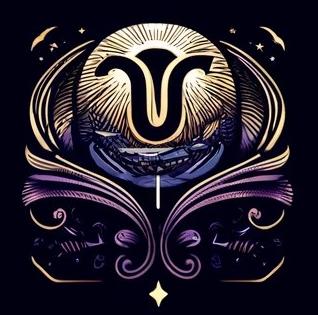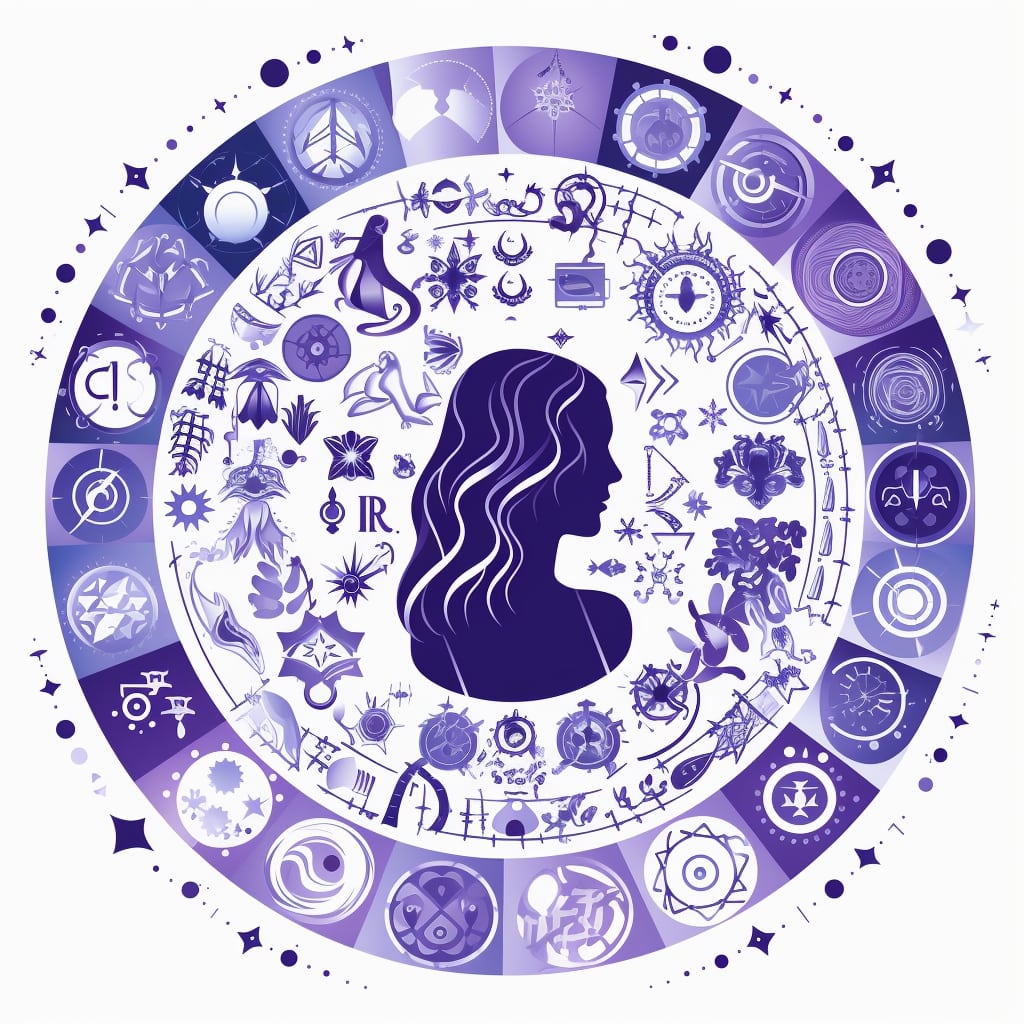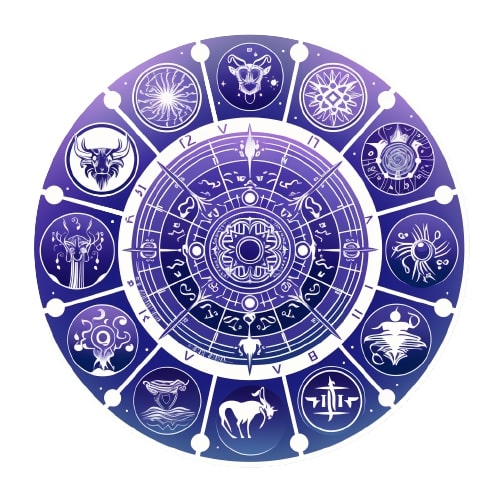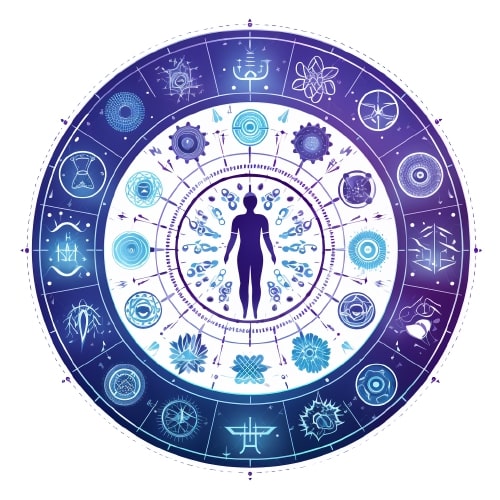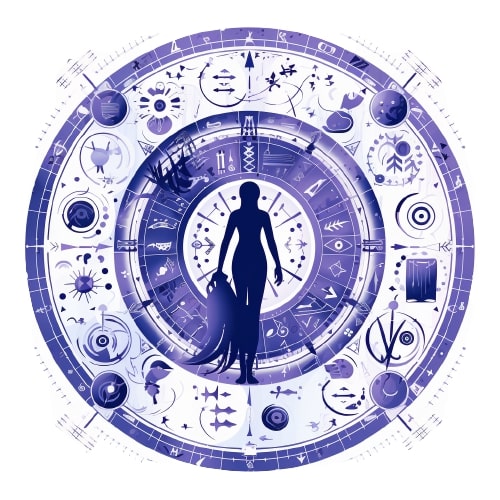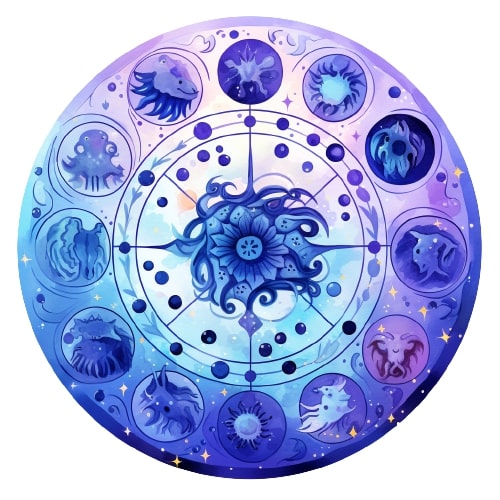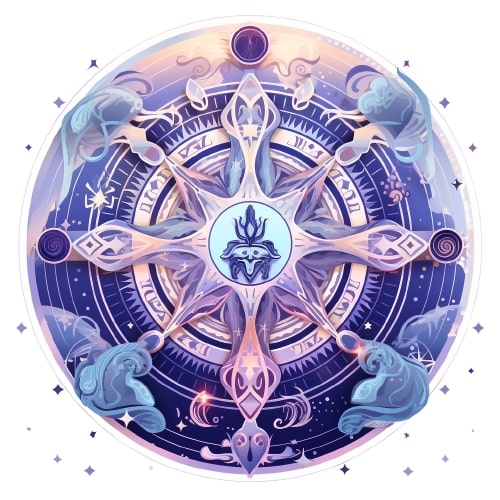Have you ever wondered why zodiac signs are considered a sin? In this article, we will explore the reasons behind this view, particularly from a biblical perspective. While astrology has been a part of human history for centuries, it has not always been embraced by all religious beliefs, including Christianity.
According to Christian teachings, zodiac signs and astrology are viewed as sinful practices that detract from God’s worship. Horoscopes’ reliance on predictions and divination is believed to contradict the Christian faith, which emphasizes trust in God’s guidance rather than celestial signs. Throughout history, astrology has been intertwined with various religious and spiritual practices, but Christianity has taken a firm stance against its influence. In this article, we will delve into the historical context of astrology, the biblical perspective on astrology, and the sinfulness of horoscopes according to Christian beliefs.
The Historical Context of Astrology
Understanding the historical context of astrology is crucial to comprehending its significance in various cultures and religions, including Christianity. Throughout ancient civilizations, astrology played a significant role in shaping belief systems and spiritual practices. From the Egyptians to the Mesopotamians, astrology was used to interpret celestial patterns and their influence on human affairs.
Within Christianity, the views on zodiac signs have varied over time. Early Christian thinkers, like Saint Augustine of Hippo, viewed astrology as a form of idolatry and warned against its practice. However, other influential figures like Roger Bacon and Thomas Aquinas were more open to exploring celestial influences.
In medieval times, astrology was seen as a way to gain insight into God’s plans and understand the divine order. The belief in cosmic harmony and the intertwining of religious and scientific ideas led to the integration of zodiac beliefs within Christian theology.
During the Renaissance, the advent of humanism and the focus on individualism shifted attitudes towards astrology. Some Christian scholars rejected astrology as incompatible with their faith, while others sought to reconcile it with their religious beliefs.
Today, the views on zodiac signs within Christianity remain diverse. While some Christians may interpret the Bible literally and reject astrology as a sin, others may view it as a tool for self-reflection or a source of guidance within certain limits.
Biblical Perspective on Astrology
From a biblical perspective, astrology and zodiac signs hold a complex position within the realm of spirituality and the practice of faith. While the Bible mentions celestial phenomena and stars’ significance, it does not explicitly endorse or condemn astrology as we know it today.
Biblical Passages and Teachings
To gain deeper insight into the biblical perspective on astrology, it is essential to examine relevant passages and teachings from the Bible. Several verses address celestial bodies and their significance, but their interpretation remains a topic of debate among scholars and theologians.
- Genesis 1:14-16 describes God creating the sun, moon, and stars, indicating their role in marking time and seasons.
- Isaiah 47:13 highlights the futility of astrologers and stargazers who attempt to predict the future.
- Matthew 2:1-2 mentions the Magi following a star to find the newborn Jesus, showcasing the belief that celestial signs could signify significant events.
These passages indicate that celestial bodies can hold symbolic and metaphorical meanings within a spiritual context. However, they do not clearly endorse or reject astrology or zodiac signs.
Views on Spirituality and Zodiac Signs
Christian perspectives on zodiac signs and astrology vary. Some believe that the study and interpretation of zodiac signs can deepen their understanding of the divine plan, while others consider such practices to be incompatible with their faith.
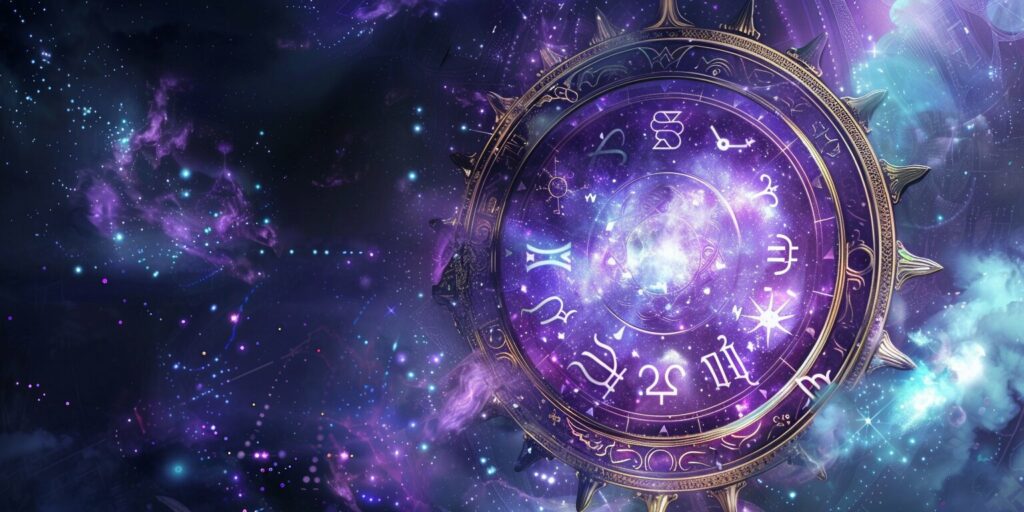
Those who view astrology from a spiritual angle may see it as a tool for self-reflection, personal growth, and understanding one’s strengths and weaknesses. They may interpret zodiac signs as archetypes that reflect different personality traits.
However, a significant segment of Christians question the compatibility of astrology with their faith. They argue that relying on zodiac signs for guidance may undermine trust in God’s wisdom and sovereignty. Some feel that astrology may lead to idolatry or distract believers from the true source of spiritual guidance.
Ultimately, the biblical perspective on astrology is a matter of interpretation and personal conviction. Christians are encouraged to prayerfully consider their beliefs, seeking wisdom and discernment to navigate the complexities of spirituality in light of astrology and zodiac signs.
The Christian Stance on Astrology
Understanding the Christian stance on astrology reveals why some Christians consider zodiac signs a sin. From a theological perspective, the practice of astrology is seen as detracting from God’s worship and promoting reliance on predictions and divination.
Christianity emphasizes the belief in a sovereign God who is the ultimate source of guidance and purpose. It encourages believers to place their trust in God’s will rather than seeking answers through astrology or horoscopes. By relying on astrology, Christians may inadvertently undermine their faith and compromise their relationship with God.
Christianity teaches that seeking the future through astrology can lead to disconnection from God’s guidance and diminish the individual’s responsibility for their own actions and decisions.
From a biblical standpoint, horoscopes and astrology are sinful because they can lead to idolatry and the worship of celestial bodies rather than the one true God. The Bible explicitly warns against divination and seeking guidance through fortune-tellers or astrologers, cautioning believers against putting their trust in anything other than God.
While Christians are encouraged to seek wisdom and guidance from God, astrology leads them to place their faith in human interpretations of celestial patterns rather than the divine wisdom offered through prayer and scriptural study.
The Christian stance on astrology invites believers to trust in God’s sovereignty and seek direction from Him rather than depend on astrology’s uncertain and fallible predictions. Christians can find true guidance, purpose, and peace by grounding themselves in their faith.
The Sinfulness of Horoscopes
Horoscopes, often associated with zodiac signs, have long been a subject of controversy among Christians. Many believers view horoscopes as contradictory to their faith and consider them sinful. In this section, we will explore the reasons behind this perspective and the potential dangers and risks associated with relying on horoscopes for guidance or decision-making.

One of the main reasons why horoscopes are seen as sinful is their roots in astrology. Christians believe that astrology, in general, promotes a reliance on predictions and divination, which goes against the teachings of the Bible. The book of Deuteronomy warns against divination and astrology, stating that these practices are detestable to the Lord.
Moreover, horoscopes can lead individuals to place their trust and faith in something other than God. They can create a sense of dependency on the alignment of stars and planets rather than seeking guidance from the Almighty. This can undermine the Christian belief in God’s sovereignty and His ability to provide wisdom and direction in life.
Another concern is that horoscopes can lead to an unhealthy obsession with the future. By focusing on predictions and what lies ahead, individuals may neglect to live in the present and fully trust in God’s plan for their lives. Instead of relying on God’s guidance and seeking His will, they may become preoccupied with what the horoscope predicts, potentially causing anxiety and fear.
Furthermore, horoscopes can promote a self-centered approach to life rather than a Christ-centered one. The emphasis on individual traits and characteristics can nurture a mindset that prioritizes self-discovery and self-fulfillment above surrendering to God’s purpose and serving others. This can hinder spiritual growth and the development of a strong relationship with God.
It is important for Christians to exercise discernment and turn to the teachings of the Bible when evaluating the sinfulness of horoscopes. By seeking God’s guidance and relying on His wisdom, believers can find true direction and purpose in their lives, free from the potential pitfalls of astrological practices.
Finding Guidance Outside of Astrology
For Christians seeking guidance and clarity in life, there are alternative approaches that do not rely on astrology. Instead of looking to the stars, believers can turn to the age-old practices of prayer, scripture, and seeking wise counsel within their Christian communities.
1. The Power of Prayer
Prayer has long been recognized as a powerful tool for Christians to connect with God. Individuals can find solace, guidance, and a deeper understanding of their purpose by humbly expressing their desires, concerns, and questions to the divine. Through prayer, they can cultivate a personal relationship with God and trust in His divine wisdom to navigate life’s complexities.
2. Drawing Wisdom from Scripture
The Bible serves as a timeless source of guidance and wisdom for Christians. Its teachings offer insights into moral principles, values, and actionable advice that can provide clarity in decision-making and the pursuit of a purposeful life. By studying and reflecting on the scriptures, believers can find the guidance they seek, uncovering truths that resonate with their hearts and align with their faith.
3. Seeking Wise Counsel within Christian Communities
Connecting with fellow Christians who share the same values and beliefs can provide a valuable support system and a source of wise counsel. Within Christian communities, individuals can seek guidance from pastors, mentors, and trusted friends who deeply understand the Scriptures and offer insights and perspectives that can help navigate life’s challenges. This collective wisdom can bring clarity, assurance, and a sense of direction, providing an alternative to relying on astrology.
By embracing these alternative methods, Christians can find solace and guidance outside of astrology. Prayer, scripture, and the counsel of trusted individuals within their faith community offer a path to seeking divine direction and a deeper understanding of their purpose. They can find a more aligned approach to navigating life’s complexities and embracing their faith by letting go of the reliance on zodiac signs.
Final Thoughts
Throughout this article, we have explored the reasons why zodiac signs are viewed as a sin from a biblical perspective. We have discussed the historical context of astrology, its relationship with Christianity, and the biblical perspective on astrology and zodiac signs. We have also examined the Christian stance on astrology and the sinfulness of horoscopes.
It is important to note that differing religious beliefs exist, and it is crucial to understand and respect these differences. While some may view astrology and zodiac signs as a sin, others may interpret them differently or find value in their own spiritual practices.
As we conclude, we encourage readers to engage in thoughtful discussions and seek personal understanding of their own faith. Finding guidance and direction through prayer, scripture, and seeking wise counsel within Christian communities is essential. By doing so, individuals can navigate life’s complexities while staying true to their beliefs and values.
Ultimately, the question of whether zodiac signs are a sin is a deeply personal one. Each person’s faith journey is unique, and it is important to approach these conversations with empathy and respect. By embracing open-mindedness and continuing to explore our spiritual convictions, we can deepen our understanding of ourselves and our relationship with the divine.






